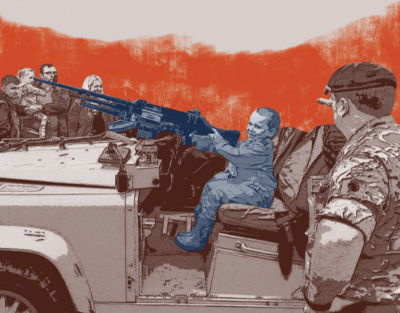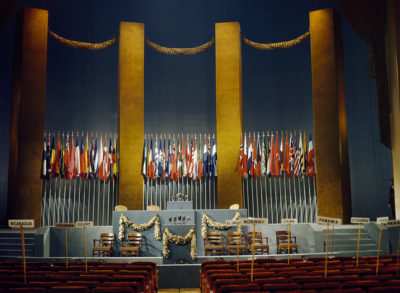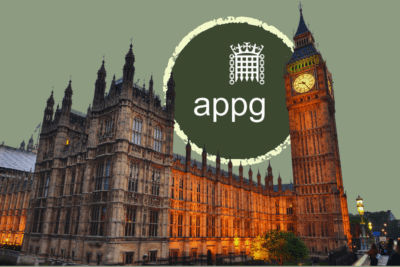Disaster militarism
Open Democracy
The country’s military institutions must not be seen as deserving of special consideration. Once the ethos of public service has been smashed and discredited by neoliberal restructuring, the danger is that it will take more than an army to bring it back. By Vron Ware.
For some time now, Up in Arms has been drawing attention to the process of militarisation taking place in the UK. This has meant tracking the changing profile of the armed forces in civil society, ears pricked for anything that suggests that military norms and values are inherently superior and therefore worthy of unquestioning support. It can be hard to distinguish the long term shifts from the immediate gear changes, and to know how seriously to take some of the ‘information’ that makes it into the public domain – particularly if it emanates from unnamed ‘senior’ officials in defence departments or cranky media pundits with an interest in military welfare.
Take the use of soldiers in Britain’s recent flood disasters. Following their successful deployment as security guards for the London Olympics, the MoD could be more confident that the public would accept their role as a reserve body of odd-job men who by their physical strength and numbers alone could be put to work in a civil emergency. But after all those years in Iraq and Afghanistan, how does this latest form of unarmed yard work change public perceptions of the jobs that soldiers are actually trained to do, at great expense to the taxpayer?
We might have got used to seeing uniformed soldiers in public spaces. But it’s still slightly jarring to watch troops of marines wading through floodwaters on the Somerset Levels, or to read BBC headlines like: ‘Military on the streets in Berkshire’. It’s not just sandbags at dawn either either – the MoD has offered the expertise of army engineers to rebuild train track in the South West. And while people are starting to wonder what soldiers will actually do when they are not dispatched to far-off wars, a recent Guardian editorial asked the question: ‘do we need to start thinking about our military establishment less in terms of firepower and more in terms of a fire brigade, with war somewhere in the middle, rather than right at the top, of the list of duties?’
See more: military in society,










